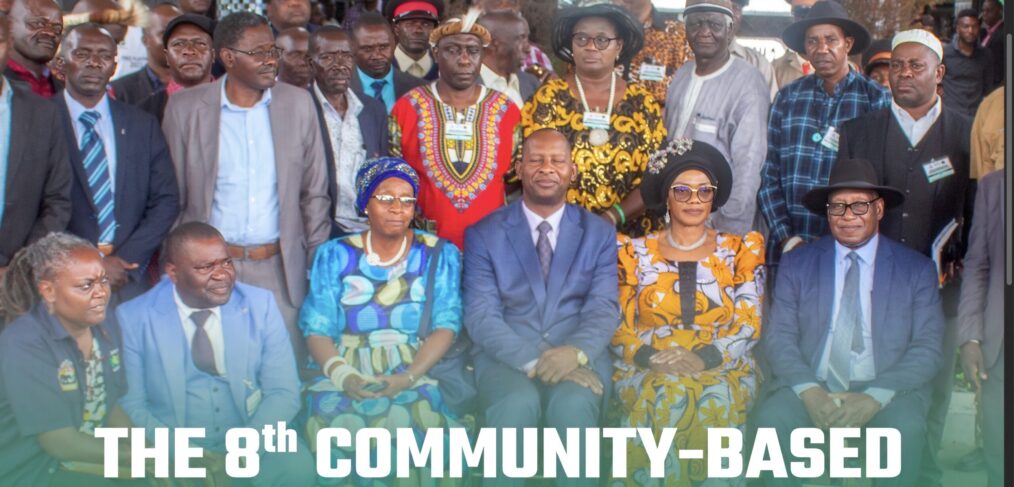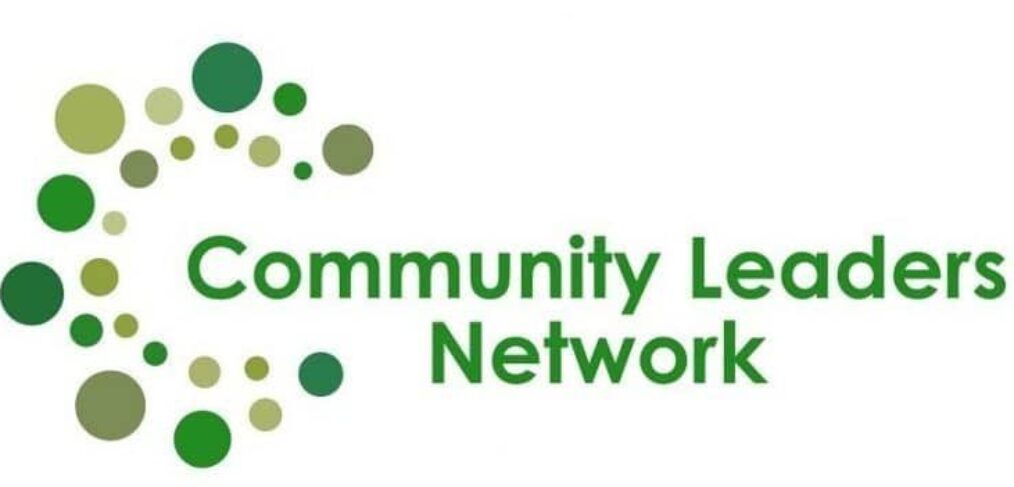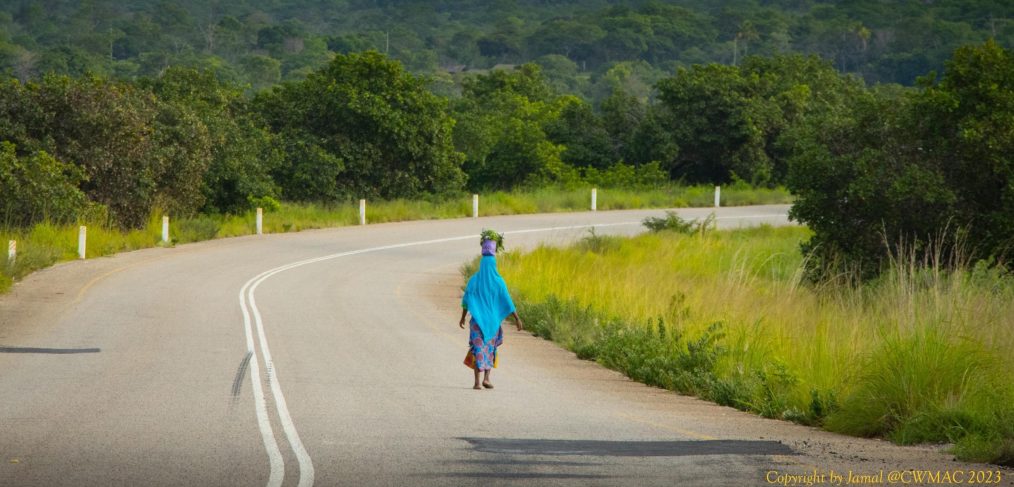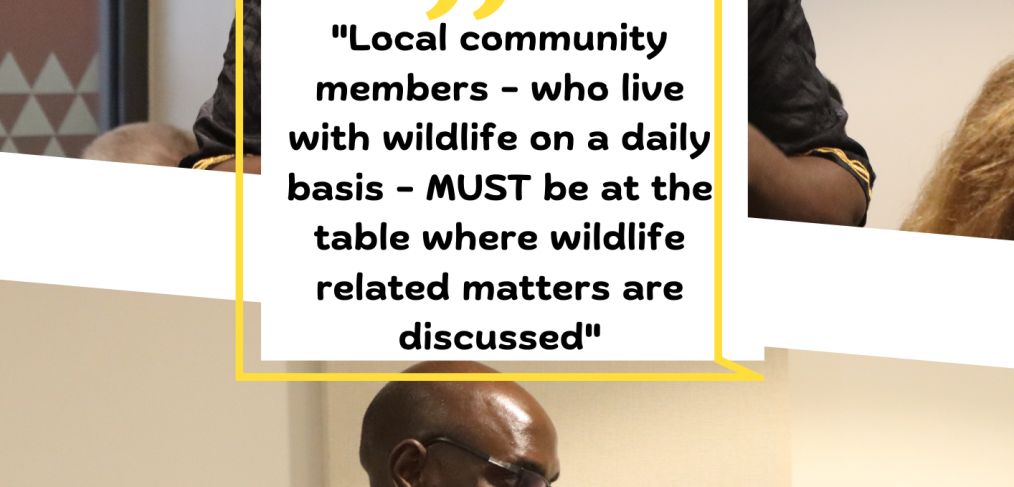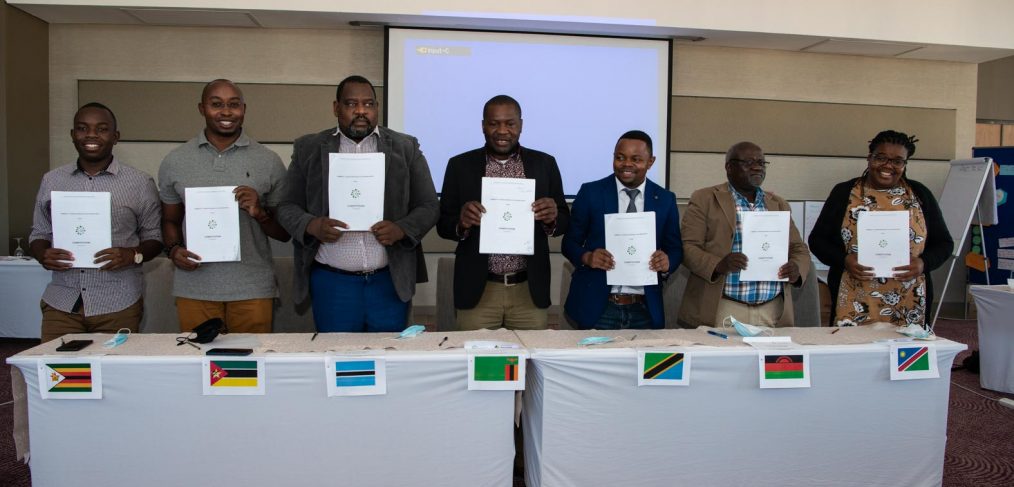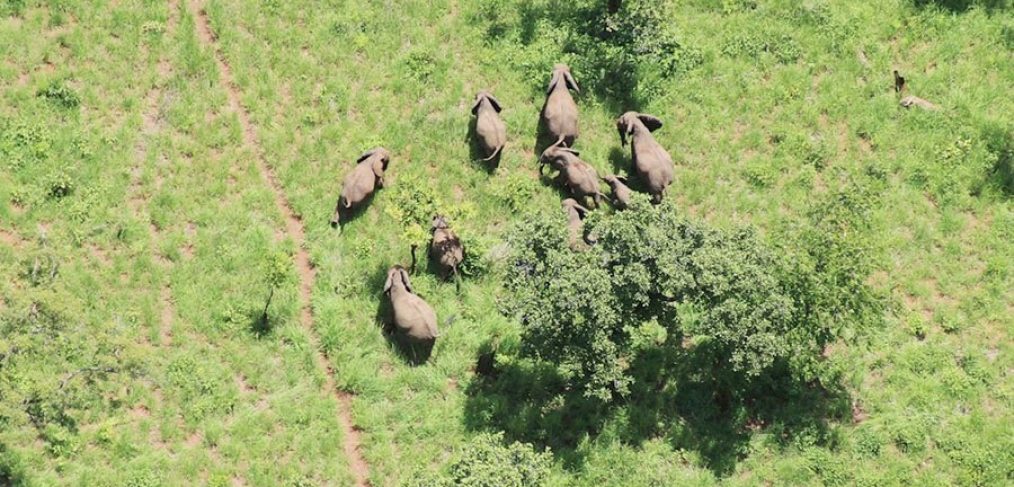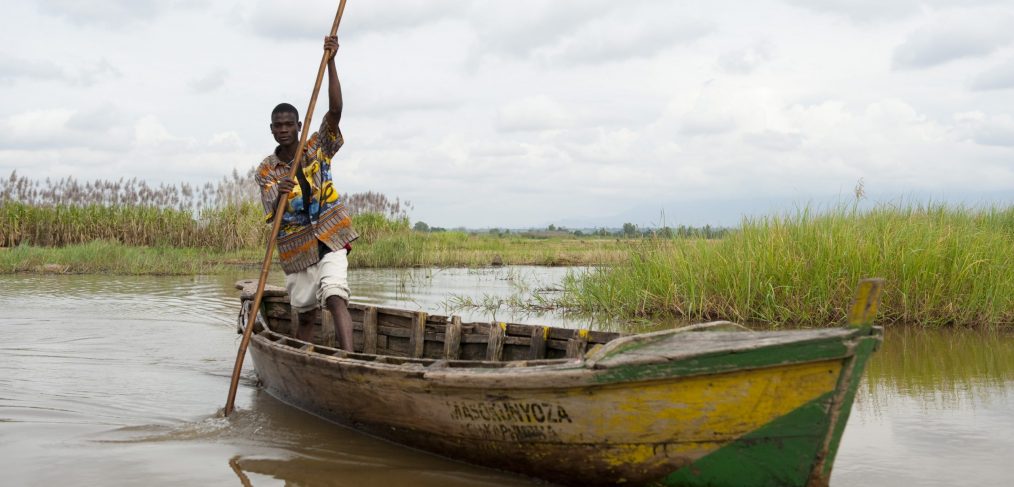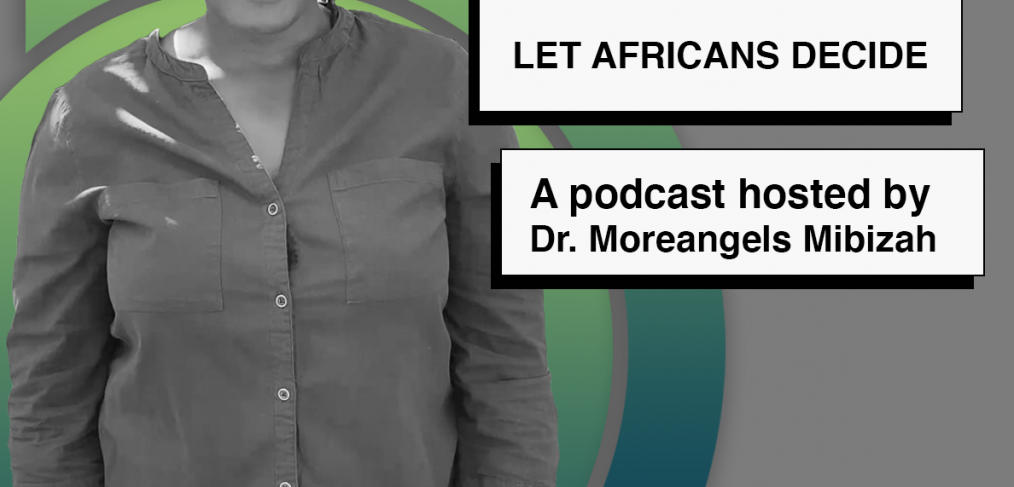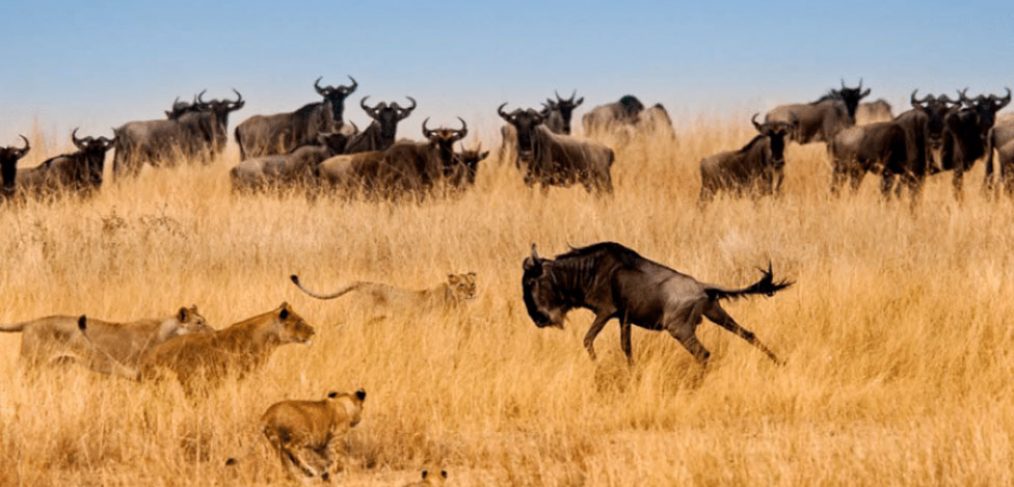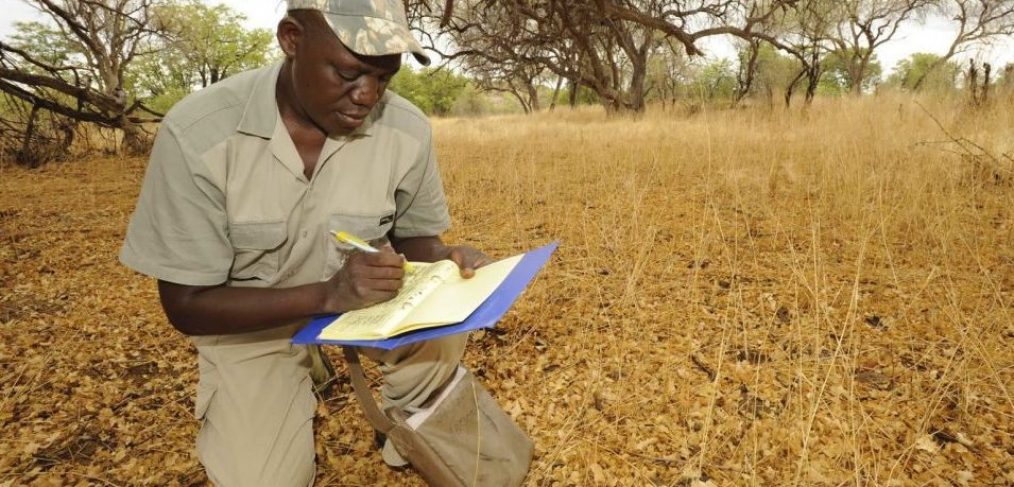This conference in Lusaka, Zambia on 9-11 December 2024 brought together community leaders, government officials, policymakers development partners and academics to discuss Community-Based Natural Resources Management in Zambia. The discussions and resolutions made during this conference include strengthening community rights, mobilising resources, improving transparency and accountability, increasing data collection and management, advocacy, and many more. Read the full report here…
Community Wildlife Management Areas (WMAs) in Tanzania are lands designated for wildlife conservation and managed by rural communities. Every five years, the villages associated with particular WMAs elect leaders to run their Community-Based Organisation (CBO) that is recognised by government as an Authorised Association mandated to manage their WMAs. Well-managed WMAs should achieve the twin goals of wildlife conservation and generating socio-economic benefits for community members.
The Community Leaders Network of Southern Africa (CLN) has participated in various national, regional and international fora during the year 2022, leaving significant impacts at every one of them. All these activities are in line with CLN’s mandate of ensuring that community members who actually live with wildlife on a daily basis are consulted in all decisions regarding management of wildlife and other natural resources. Community members participated at events such as CITES CoP19, CBD CoP15, APAC, UNEA 5 – amongst others.
Detailed report of activities can be accessed here: CLN Annual Report 2022
Summary Report: Community Leaders Network of Southern Africa CLN Namibia Workshop 18-22 October 2021
The key objective of the CLN workshop, held in October 2021, was to formalise the Community Leaders Network, and thus create greater opportunities for creating partnerships, fundraising, sharing lessons
In an article published in the Zimbabwe newspaper, The Chronicle, Emmanuel Koro examines the how Mozambique’s return to international hunting after the 1977-1992 civil war has become an international hunting model with a promising future.
When COVID19 spread across the globe in 2020, disrupting international and regional tourism, it was the small-scale participants benefitting from tourism activities who were most critically affected.
Host Dr. Moreangels Mbizah chats with Dr Shlock Muyengwa, about origins, the principles and practice of community based natural resource management or CBNRM in Africa.
“We depend on generating income from elephant hunting which we invest back into the conservation of the species. If we stop hunting elephants, poaching will rise because the conservancy will not have any income to contribute the livelihood of its community.
An article submitted by the Namibian Association of CBNRM Organisations (NACSO) was published in The Namibian on 7 October 2021. The article is based on a broader research piece, published here:

